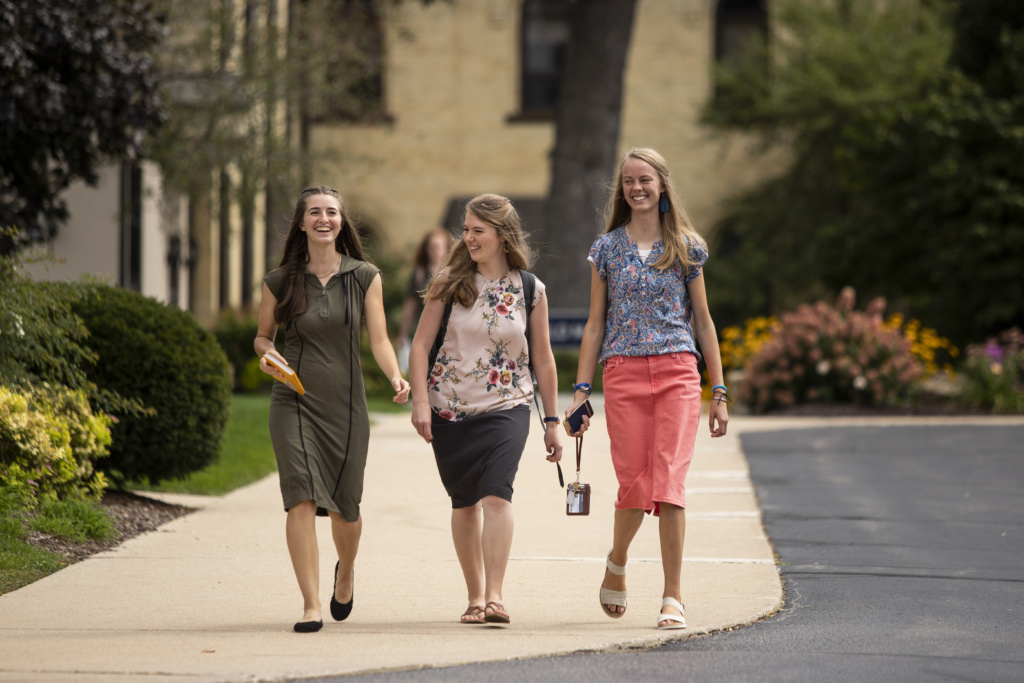Keeping the Past Alive Through the Art of Storytelling
“You are your stories. You are the product of all the stories you have heard and lived—and many that you have never heard. They have shaped the way you see yourself, the world, and your place in it.”
–Daniel Taylor, Tell Me a Story: the life-shaping power of our stories
Stories are universal. Since the beginning of time, every person, in every generation, culture, and language has told stories. It’s how people communicate and connect with others, whether they realize it or not. Friends tell each other about their day, children tell their parents what happened at school, and coworkers tell each other the news they missed at the last meeting. In all these instances individuals are engaging in storytelling. Story is the avenue that allows us to know and understand other people.
Without the ability to share stories, the world would be empty, because, ultimately, meaningful conversations and interactions happen through the medium of storytelling. A world void of stories would lack connection, and humanity would be marked by isolation and loneliness. If the absence of stories has the power to strip the world of its meaning, imagine how the presence of stories can transform the world for good. Stories have the power to inspire, motivate, and change lives.
The United States is often referred to as “the melting pot” of the world. The stunning number of ethnic groups represented across the U.S. gives citizens the opportunity to hear stories from different cultures without leaving the country. Simply walking downtown in cities like Chicago and New York denotes the plethora of cultures spread across the United States. Italian and Spanish-style restaurants are found on every other block, street vendors with merchandise from Africa, Asia, India, and other nations line busy markets, and entire blocks and neighborhoods like Chinatown and Little Italy allow people to enter another world by just crossing the street. More importantly, however, this unique position allows citizens of the United States to understand and learn from different cultures.
Culture itself tells a story. Music moves its listeners to feel a composer’s emotions. Artists share their inner thoughts through paintings, drawings, and sculptures. Theatre gives its audience the experience of seeing a story unfold before their eyes. Religion communicates the values of its followers. These forms of art and culture not only tell a personal story, but they also tell the stories of nations and help decipher the thinking of different people groups. Without these important avenues of storytelling, there would be no way to transcend cultural barriers and share different ways of life and belief.
The way stories are passed down varies in different cultures and generations. For example, Native American, African American, and Jewish cultures have a strong oral tradition. Stories are often passed down from parents and grandparents to their children and grandchildren, or from leaders to community members. Western and European cultures often preserve stories through written accounts and formal history. These storytelling traditions add layers as storytellers contribute their own perspectives and experiences. As technology continues to advance, stories are also preserved digitally through videos and voice recordings. New technology allows groups to permanently preserve their culture, advancing the preservation of history.
History itself is ultimately a story. Everything in the past is brought to the present in the form of stories. Without them, making sense of the past would be impossible. They keep the past alive as each generation learns from those who have lived before. Today, society has unique resources such as books, photographs, and video footage of historical events all readily available for anyone who wants to gain knowledge about a particular culture or nation.
All these aspects of stories circle back to the One who has given mankind this beautiful gift. He created human beings with the ability to understand and connect with those around them. Stories are a big part of what makes that connection possible. They are a gift from God.
Our stories, however, are just a small part of a greater story. God has passed down the most important story from generation to generation through His Word—the story of redemption through the shed blood of Jesus Christ on the cross of Calvary. Because of His love for mankind, God made a way of salvation. Through this story, recorded in the Bible, each generation can come to faith in the Lord Jesus Christ. Without the Bible, mankind would have no light to guide them through this dark world.
Stories are a lifeline. Without them, history, culture, and connection would be impossible. The intertwining web of stories is what life is made of. They offer hope as people go through their lives looking for connection and purpose. Through stories, we find common ground with others and peace with God.


